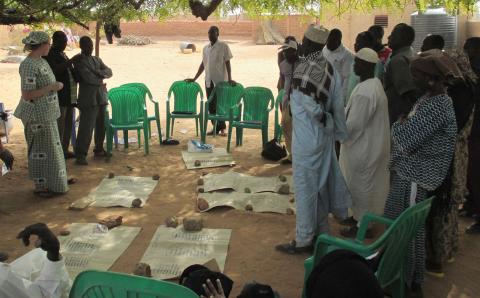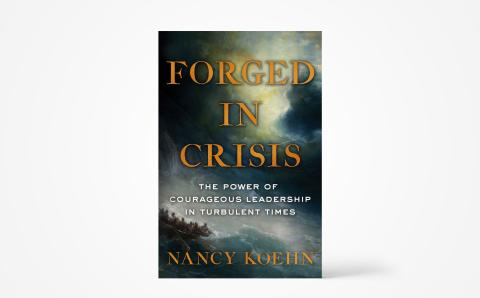My church does not approve of women serving as elders or ministers. If the denomination permits this, how is it that a congregation may “opt out”? Isn't this gender discrimination?
You raise an issue that has been wrenchingly difficult for many in our denomination. We still don’t see eye to eye on it. What many of us became so concerned about in the early 1990s is that both sides started believing that people on “the other side” were just plain ignoring the clear teaching of Scripture. Synod 1990 seemed to say this by deciding to remove the word “male” from Article 3 of the Church Order. Then Synod 1994 seemed to say this by declaring that “the clear teaching of Scripture prohibits women from holding the offices of minister, elder, and evangelist.” One delegate had the following negative vote recorded: this is “an insensitive assertion that Scripture is clear on this matter despite a 20-year discussion and biblically defensible alternatives.”
The following year synod drew back and chose to “recognize that there are two different perspectives and convictions, both of which honor the Scriptures as the infallible Word of God, on the issue of whether women are allowed to serve in the offices.” In other words, we made room for each other and enlarged our tent. This has allowed us once again to focus on the heart of our mission.
Years earlier, the CRCNA traveled a similar path on the issue of women’s suffrage. Synod 1957 allowed the practice of women voting at congregational meetings but did not insist on it based on “clarity” of the biblical message. When some eventually asked that we no longer allow the other option because it is “discriminatory,” Synod 1983 refused the request. It did “urge churches to grant women the right to vote” but stopped short of demanding it. If we truly believe what Synod 1995 declared—namely, that both perspectives honor the Scriptures—perhaps we should consider the same course of action and continue to permit both options.
About the Author
Henry De Moor is professor emeritus of church polity at Calvin Seminary, Grand Rapids, Mich. He’s the author of Christian Reformed Church Order Commentary







